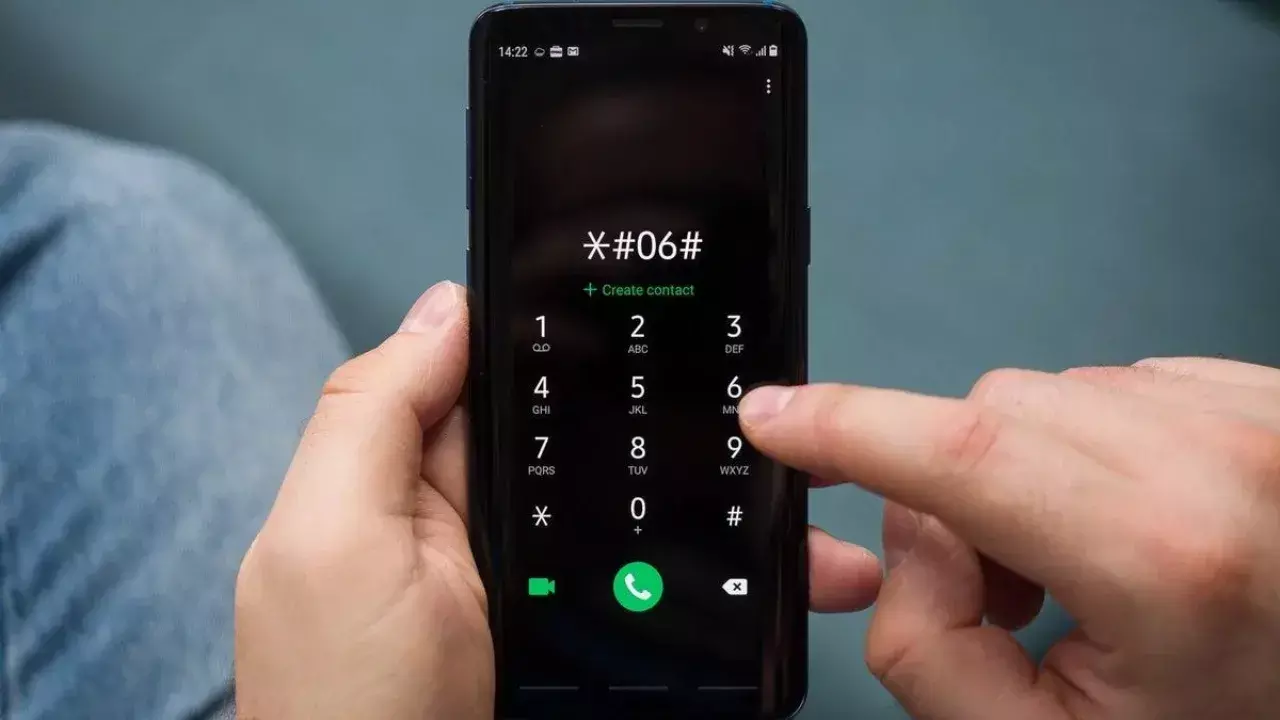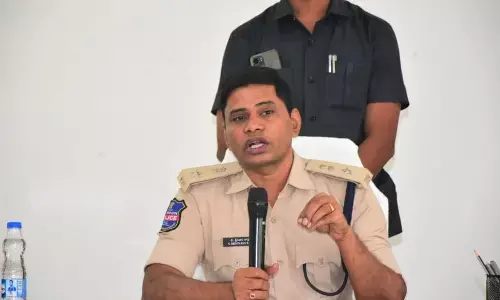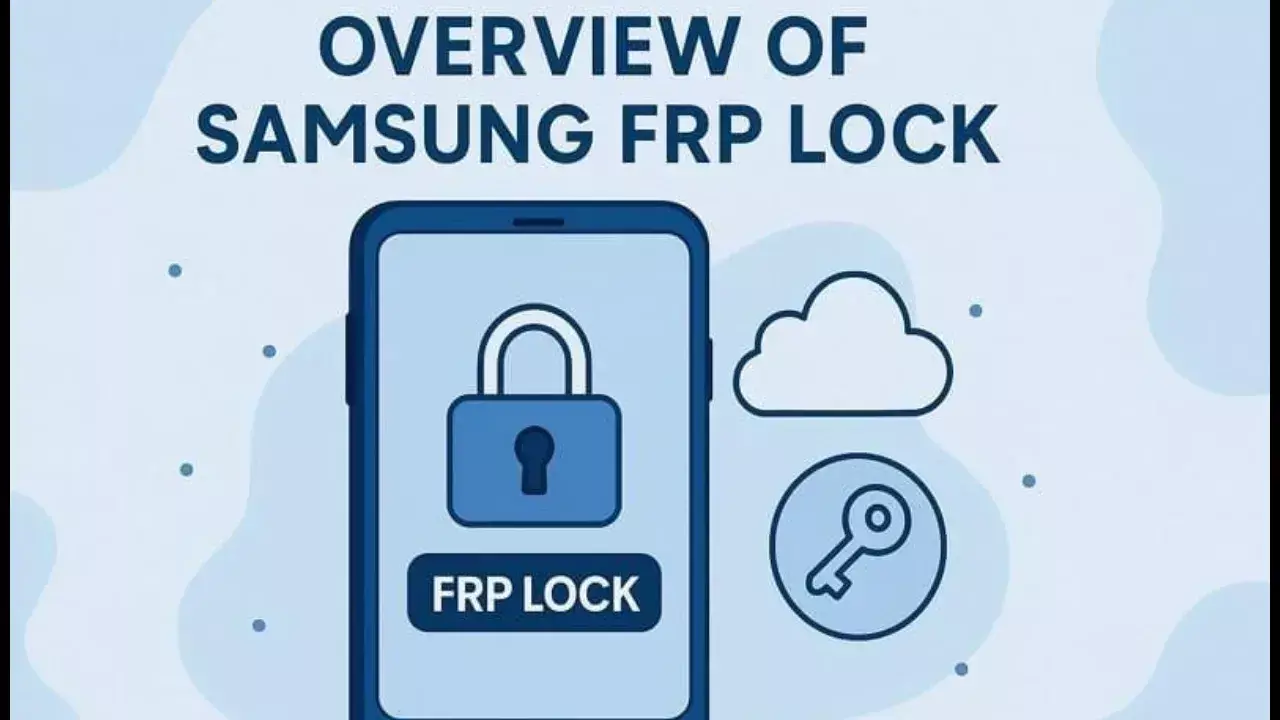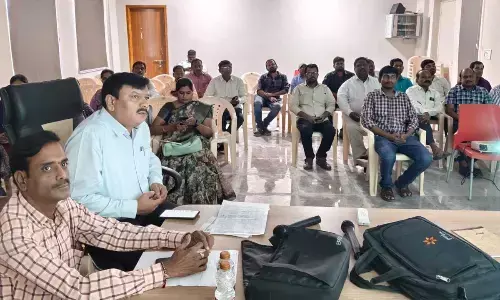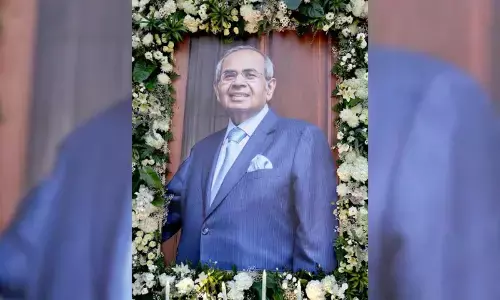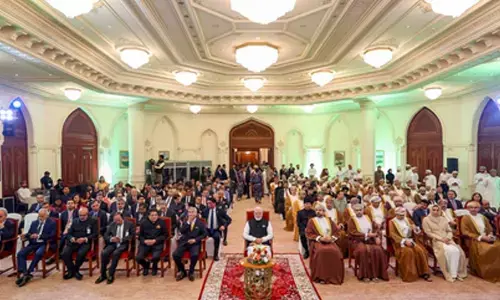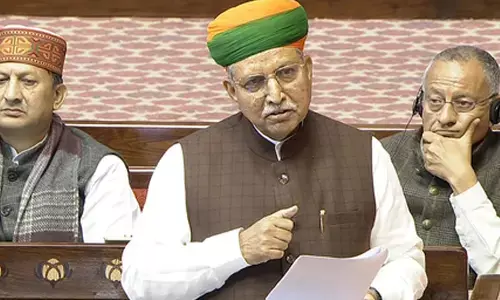Rohini FSL will have operational brain fingerprinting system in June: Police to HC
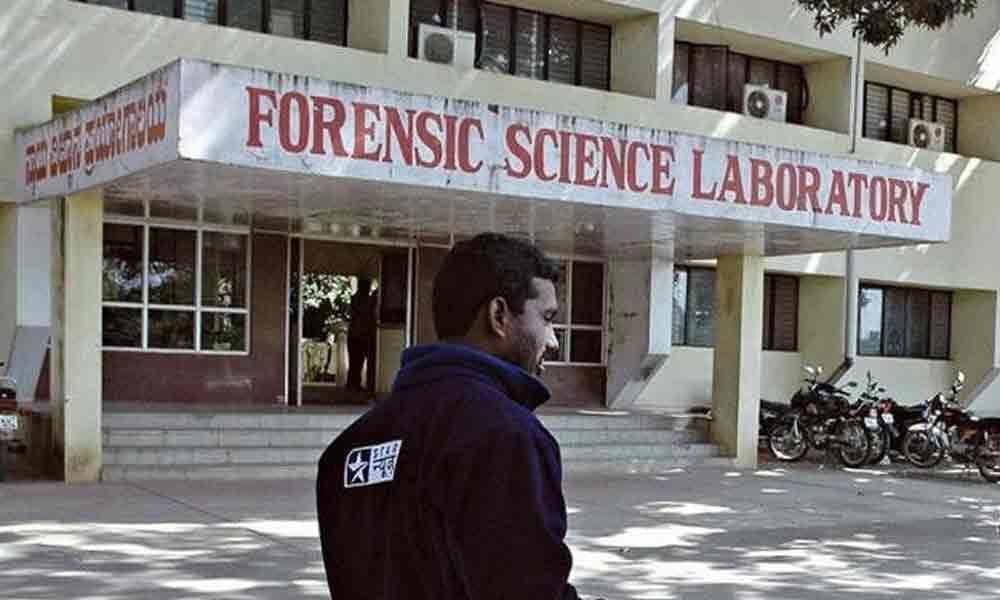 Rohini FSL will have operational brain fingerprinting system in June: Police to HC
Rohini FSL will have operational brain fingerprinting system in June: Police to HCThe high court had in March directed installation of the system at the Rohini FSL during the hearing of a plea related to a missing four-year-old boy after it was informed there were no facilities here for carrying out Narco tests.
New Delhi: The forensic science lab (FSL) at Rohini here will have a brain fingerprinting machine operational in June this year, police has told the Delhi High Court. Brain fingerprinting is a type of lie-detection technique through which a person's brain waves are measured to find out if the individual is telling the truth when answering questions put to him or her.
The high court had in March directed installation of the system at the Rohini FSL during the hearing of a plea related to a missing four-year-old boy after it was informed there were no facilities here for carrying out Narco tests.
On May 20, the court was informed that the machine has been installed and it will be operational after May 31, by when the electrical work would be completed. The court had called for the system to examine the mother and sister of the main suspect, a young boy of around 11 years, who was last seen with the missing child according to CCTV footage.
A narco test of the two women was scheduled to be carried out at Gandhinagar FSL in Gujarat in March, but due to medical reasons could not be done and was re-scheduled to September, the high court noted in its order.
The four-year-old boy has been missing since August 4, 2018 when he was last seen with the juvenile. Subsequently, the child's father moved a habeas corpus petition in the high court, seeking directions to police to trace his son.
According to the juvenile, the child drowned in the river Yamuna, but as no body was recovered, the investigation continued. As police could not trace the child till December 2018, the court transferred the case to the anti-human trafficking unit of the crime branch.








